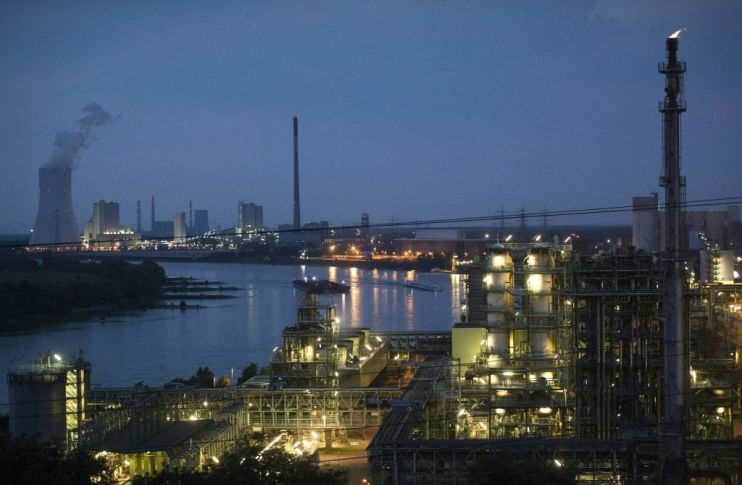German factory slump: Is the European powerhouse heading for recession?

Germany has reported a “disastrous” fall in factory production, sparking fears the country could be dragged back towards recession.
New figures from Germany’s work ministry revealed industrial output slumped 1.7 per cent month-on-month in October, well below analysts’ expectations and the quarterly average.
On an annual basis, the figures marked the biggest drop in factory output since November 2009.
The drop came largely as a result of lower production of heavy machinery and capital goods, which offset a rise in consumer and intermediate goods.
Read more: Germany on track for growth as confidence rises, says Ifo institute
What the analysts said
Oliver Rakau, chief German economist at Oxford Economics, branded the figures “disastrous”.
“After the weakness in yesterday’s order report, gloom on Germany’s outlook could well return,” he said.
The sluggish figures, which come a week after Germany reported a 1.9 per cent drop in retail sales for October, are likely to fuel concerns that Europe’s largest economy is headed for a wider slowdown.
“Today’s data suggests that the German economy is continuing to flirt with stagnation and contraction in the final quarter of the year,” said Carsten Brzeski, chief economist at ING Germany.
“Looking ahead, both soft and hard indicators bode ill for industrial activity in the months ahead. Production expectations show very tentative signs of stabilisation at low levels but order books are still shrinking and inventories remain high.”
He added: “Trade conflicts, global uncertainty and disruption in the automotive industry have put the entire German industry in a headlock, from which it is hard to escape.”
Germany narrowly avoided falling into a recession in the third quarter, when it eked out a 0.1 per cent quarterly growth rate thanks to unexpectedly strong consumer spending.
However, analysts have warned of a “de facto stagnation” amid fears the ongoing manufacturing crisis could spill over into the wider economy.
Economy minister Peter Altmaier last month acknowledged that while there was no technical recession, the growth numbers were “still too weak”.
Read more: Germany’s SPD following Labour’s footsteps
Political pressure
The concerns have fed into a wider political crisis in Germany, where the new left-wing leadership of the Social Democrats (SPD) has promised a “massive spending increase”.
Tensions hit boiling point after co-leaders Norbert Walter-Borjans and Saskia Esken threatened to pull out of their coalition with Angela Merkel’s Christian Democratic Union (CDU).
The SPD staged a climbdown from its aggressive rhetoric yesterday, tabling a “compromise” motion for the party’s annual congress in Berlin today that did not include an immediate threat to pull out of the coalition.
Nevertheless, the party has stuck by its pledge for a huge spending programme on education, infrastructure and green energy, and its clash with the CDU is by no means resolved.